Are you familiar with Search Engine Optimization (SEO)? I’ve been working as an SEO specialist since 2011, accumulating approximately 13 years of experience in the field and achieving some notable successes.
This year marks the first time in quite a while, perhaps since 2018 or earlier, that I’ve delved into Netlinking. It’s this recent experience that has inspired me to write this article.
What is SEO?
SEO involves enhancing your Google ranking through techniques aimed at persuading the search engine that you are pertinent to specific queries. We’re referring to organic, not paid, results in this context, meaning the results that aren’t sponsored by Google.
The difference with Google Ads
SEA, an acronym for Search Engine Advertising, commonly includes platforms such as Google Ads or other services like local listings.
To appear in these sections, you merely need to invest money, often through bidding. This means that the entity willing to pay the highest amount secures the top position, leading to these ads being prominently displayed at the top of the Search Engine Result Page (SERP).
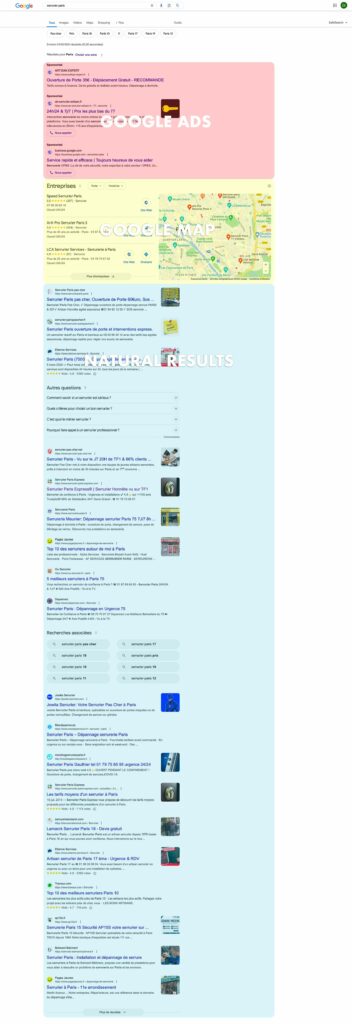
What’s wrong with Google Ads?
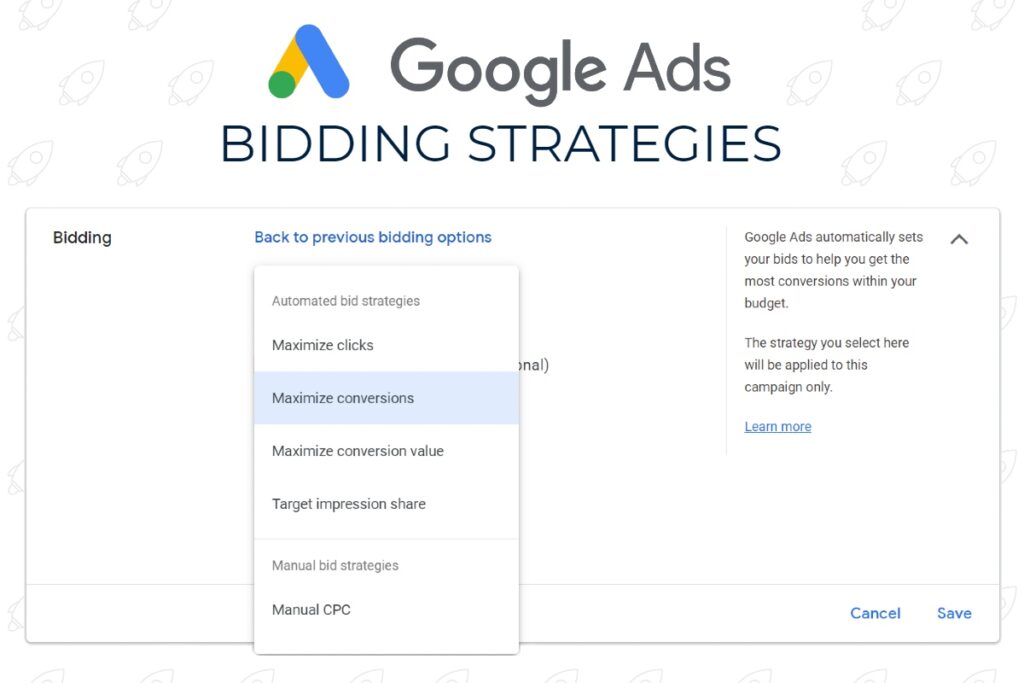
The problem with Google Ads lies in the absence of bidding limits. Consequently, companies in the locksmith industry are willing to pay exorbitant amounts, such as 150 euros per click or even more.
As a result, while Google profits significantly, the end customer may end up being charged thousands of euros for a service like opening a slammed door, which should have cost around 120 euros.
How does SERP evolve?
Put simply, in competitive domains where Google stands to profit significantly, organic results will be pushed as far down as possible. If Google decides that the top natural results should appear in the 9th position, who are we to dispute that?
This is precisely what occurred for the search query “serrurier Paris,” which translates to “locksmith Paris.”
What are the statistics?
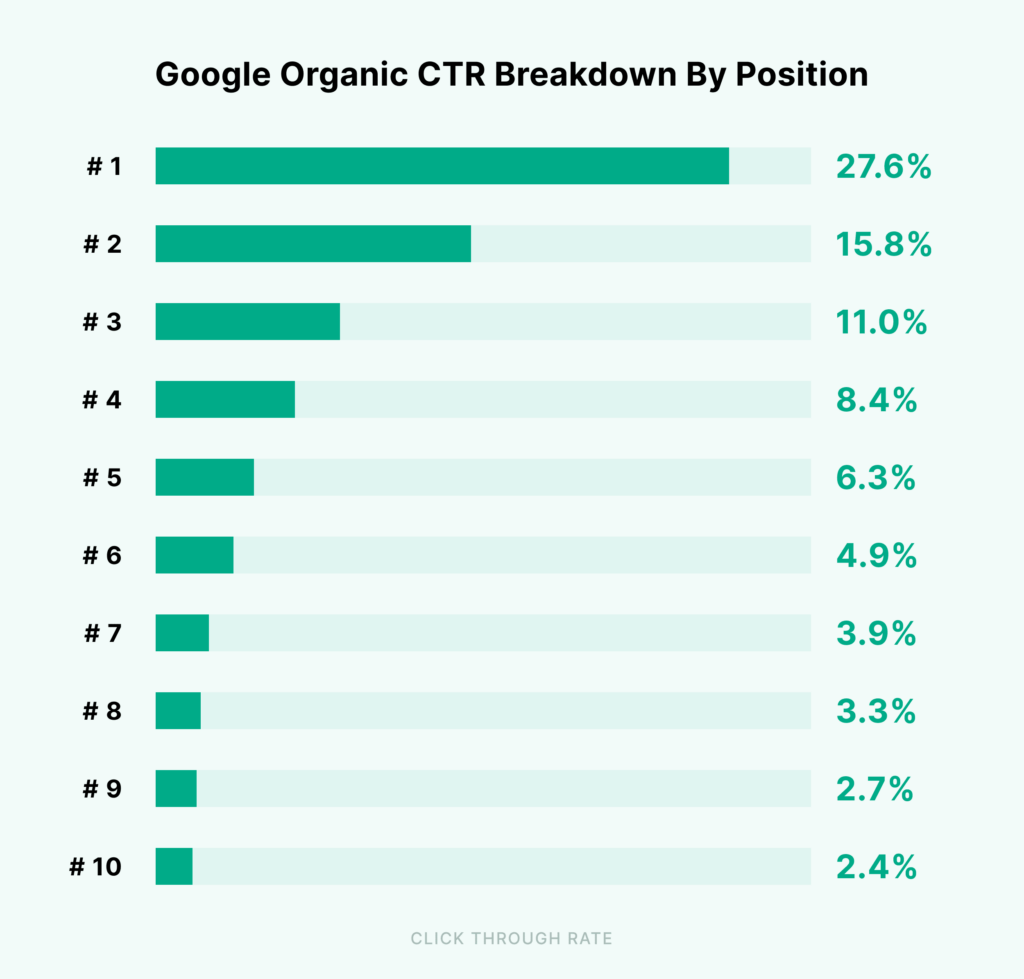
In the past, and even now for non-competitive queries, the top position could attract up to 30% of clicks (CTR) and subsequent visits.
Seven years ago, securing the first position for “Serrurier Paris” would yield approximately 3% of total clicks due to the abundance of ads.
Today, for the same query, attaining the first organic position might result in only around 1% of clicks if you’re fortunate.
What does this means?
As an SEO practitioner, it’s possible that working on these types of keywords isn’t as lucrative as it once was. This suggests that perhaps focusing on Google Maps could be more beneficial.
Ultimately, this shift highlights that SEO is most impactful when either the competition is minimal or when you have the resources to invest in SEA as well.
Why SEA is more profitable than you can imagine for Google?
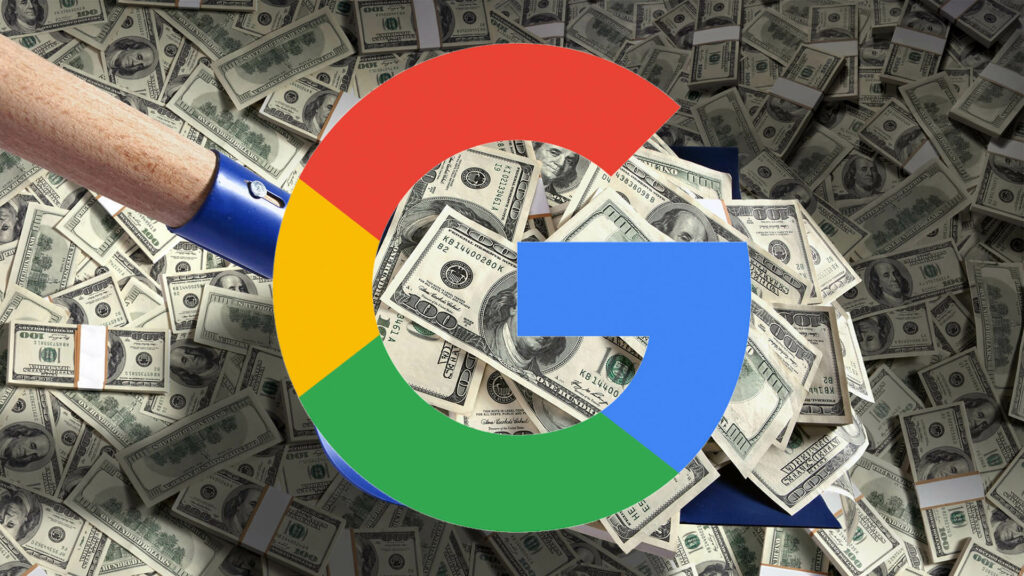
One might assume that Google only profits from specific keywords like “Locksmith Paris.” However, the reality is that even with a unique brand name, if competitors pay for Google Ads to rank above your organic results, you may lose some website visits.
This also implies that you’ll need to invest in paid clicks through SEA, even when users are actively seeking to visit your website. If your brand is popular, this expenditure can amount to significant costs.
Why has SEO also turn into something very artificial?
How does SEO works?
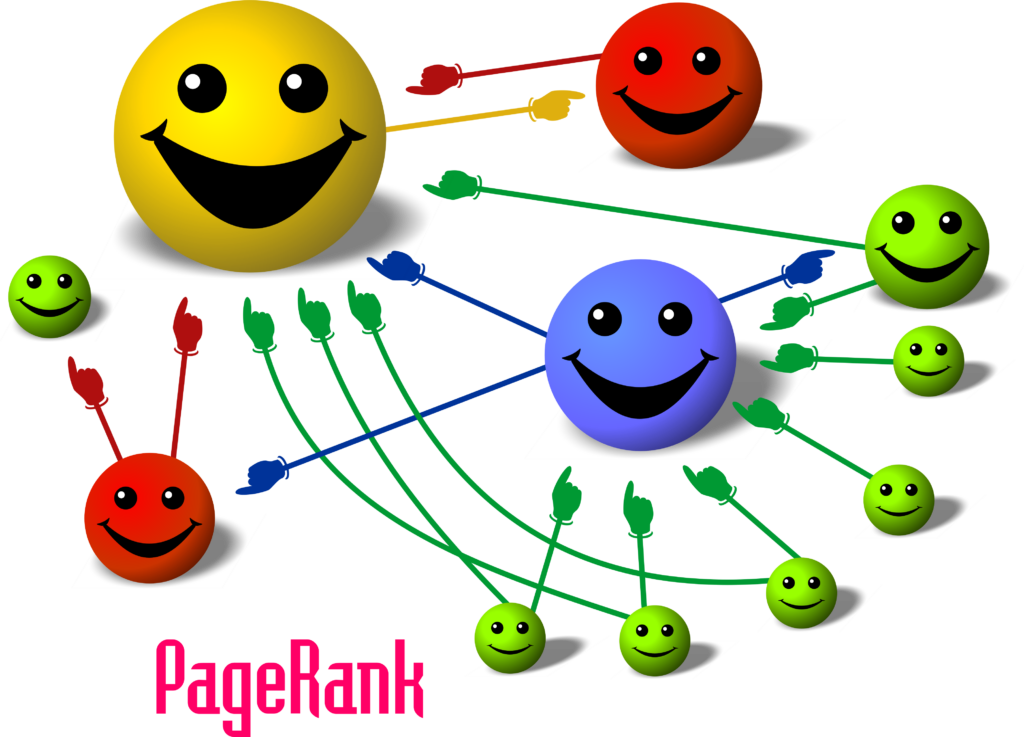
Now, let’s delve into the primary focus of this article. The essence of SEO lies in acquiring other websites to link back to your own through what we refer to as a link or anchor.
These anchors have the capability to convey information, depending on whether they utilize the attribute “nofollow” or “dofollow”. No attribute indicates “dofollow”.
The greater the number of links directing to your website or page, the higher the likelihood of its relevance. Moreover, the more relevant the websites linking to you are, the greater the authority you gain for ranking purposes.
Previously known as Pagerank, this concept is now also referred to as Trustflow or Domain and Page Authority.
So where’s the issue?
This system was once highly effective and relatively straightforward. However, the issue arises when many people try to decipher the algorithm to artificially mimic the linking profile of a popular website.
In today’s SEO landscape, the objective is to obtain powerful dofollow links from authoritative websites. Consequently, these authoritative websites often sell such links for a fee.
For instance, certain directories or blogs may charge anywhere from 10 euros to 350 euros per page containing content and a backlink to your website, depending on their authority.
Even traditional journalists and press outlets, which were once considered credible sources, now engage in this practice for substantial fees. Expect to pay between 1400 and 2000 euros for an article on a reputable news website. Nowadays, you can essentially approach a major news network like BFM TV and arrange for what appears to be an interview featuring your company.
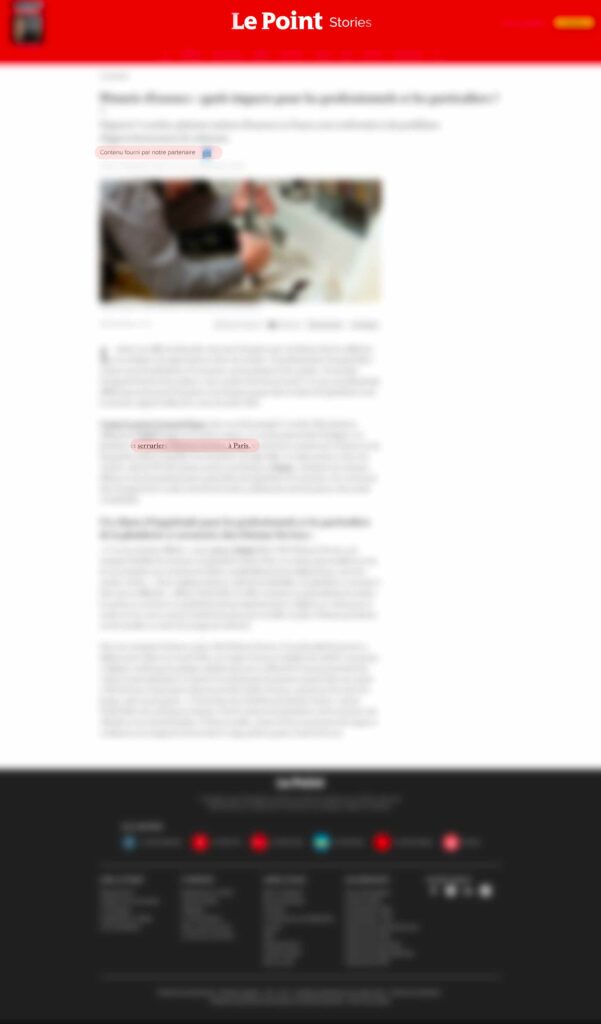
On one side, the press is generating genuine content that garners actual traction and backlinks. However, on the flip side, they’re capitalizing on this authority by selling backlinks to individuals or entities that wouldn’t typically receive media coverage. This practice, reminiscent of advertising, has been prevalent and has merely taken on a different guise.
In the end, SEO has transformed into a scenario akin to SEA—where the entity with the highest spending capacity secures the customer.
Is it possible to get natural backlinks?
Obtaining natural backlinks is indeed feasible like this very blog suggests. However, acquiring exceptionally strong backlinks often necessitates being captivating enough to attract media attention and become a viral sensation. This outcome isn’t always attainable, even if you’re the most skilled craftsman in town.
Being the top craftsman in town, your primary dependence would probably rest on word-of-mouth recommendations, enabling you to focus on honing your craft rather than striving to become a TikTok sensation. However, this dynamic is evolving swiftly, and the capability to garner attention for oneself is emerging as a genuine skill.
Conclusion
Throughout history, SEO has been centered on the idea that the most relevant and valuable websites for a specific query should occupy the top positions. Nevertheless, in the current environment, it increasingly resembles a “pay-to-win” model.
While part of the equation still involves how effectively you can address user queries, the other aspect related to netlinking and the authority of websites is becoming uncontrollable, particularly in competitive domains.
Maybe SEO has always been somewhat artificial; after all, the task involved replicating the appearance of a powerful website.
Perhaps even real life has always been about emulating what appears to be effective for others and applying it to ourselves.
In my assessment, only three categories of companies can truly compete: those with substantial capital for reinvestment, those with exceptional communication skills and those who are willing to fake it.
Informations
The Best Locksmith in Paris : https://www.serrurier-paris-express.com


GIPHY App Key not set. Please check settings